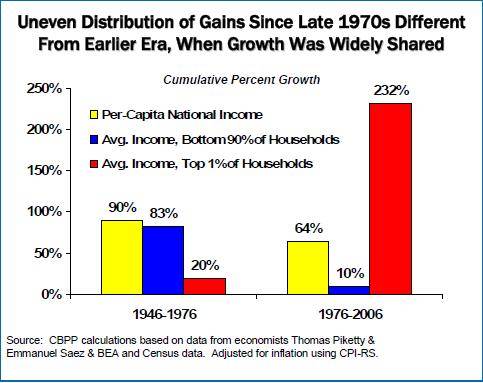LogikAndReazon
Gold Member
- Feb 21, 2012
- 5,351
- 669
- 190
A classic argument for why democracies need widespread public education is that education makes people better voters, Mankiw writes. If this is true, then the less educated should show up at the polls less often. They are rationally delegating the decision to their better educated neighbors.
Encouraging more ignorant people to vote is not just pointless, argues Jason Brennan; its morally wrong. There is no duty to vote, but many people may have a duty not to vote. Boosting turnout among citizens who are young, uneducated, or otherwise less likely to be engagedthe primary targets of get-out-the-vote campaignsis likely to have the unintended consequence of encouraging people to fail in that duty.
To explain why we might worry about casting an uninformed vote even when no particular vote is likely to be decisive, Brennan conjures this terrifying thought experiment: Imagine you come across a firing squad about to kill an innocent child. Assume all the bullets will strike at the same time and that theres nothing you can do to stop them. You are invited to be the 101st member of the squad. What do you say? Brennan posits a framework to deal with this kind of hypothetical, the clean hands principle, which states that one should not participate in collectively harmful activities when the cost of refraining from such activities is low.
None of this is to suggest that the government should test voters or use some other legal means to limit voting. Instead, this is a private moral concern for each voter. If you believe your vote is likely to be ill-informed or that a particular race is likely to yield an unfair, unjust, or otherwise bad outcome, you should refrain from participating in a collectively harmful activity, thus keeping your hands clean. Get-out-the-vote campaigns promote precisely the kind of morally condemnable ignorant voting we should be discouraging....
Your Vote Doesn't Count - Reason.com
Encouraging more ignorant people to vote is not just pointless, argues Jason Brennan; its morally wrong. There is no duty to vote, but many people may have a duty not to vote. Boosting turnout among citizens who are young, uneducated, or otherwise less likely to be engagedthe primary targets of get-out-the-vote campaignsis likely to have the unintended consequence of encouraging people to fail in that duty.
To explain why we might worry about casting an uninformed vote even when no particular vote is likely to be decisive, Brennan conjures this terrifying thought experiment: Imagine you come across a firing squad about to kill an innocent child. Assume all the bullets will strike at the same time and that theres nothing you can do to stop them. You are invited to be the 101st member of the squad. What do you say? Brennan posits a framework to deal with this kind of hypothetical, the clean hands principle, which states that one should not participate in collectively harmful activities when the cost of refraining from such activities is low.
None of this is to suggest that the government should test voters or use some other legal means to limit voting. Instead, this is a private moral concern for each voter. If you believe your vote is likely to be ill-informed or that a particular race is likely to yield an unfair, unjust, or otherwise bad outcome, you should refrain from participating in a collectively harmful activity, thus keeping your hands clean. Get-out-the-vote campaigns promote precisely the kind of morally condemnable ignorant voting we should be discouraging....
Your Vote Doesn't Count - Reason.com



